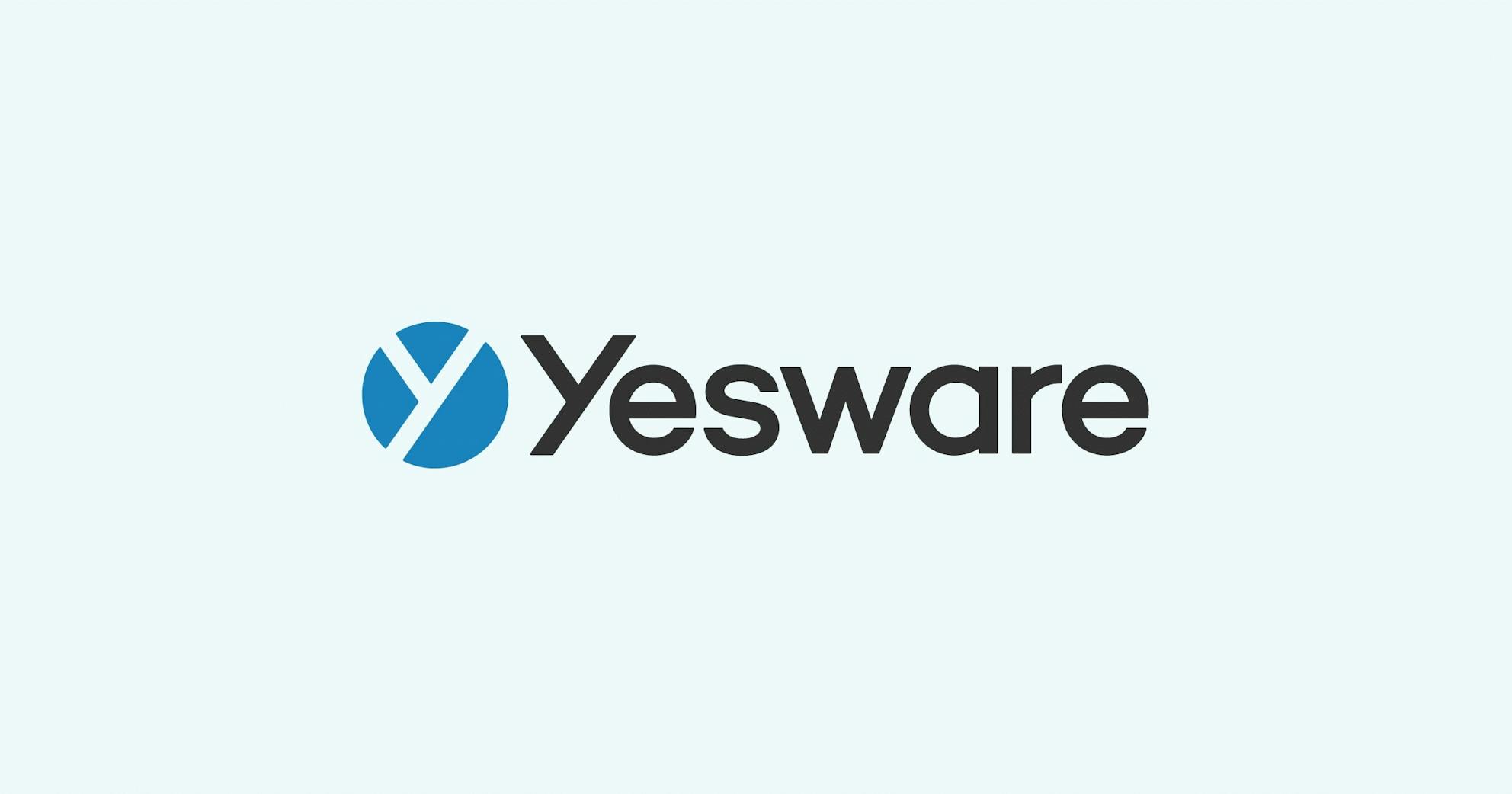From Feeder to Leader
 I’m reading Brad Feld’s Startup Communities. In the interest of full disclosure, Feld—co-founder of Foundry Group and TechStars—is also one of the investors of Yesware, the startup I started working for in September. So I have two interests in reading his latest opus: get to know his approach to startups, and have an ice breaker ready for when he stops by our Boston office.
I’m reading Brad Feld’s Startup Communities. In the interest of full disclosure, Feld—co-founder of Foundry Group and TechStars—is also one of the investors of Yesware, the startup I started working for in September. So I have two interests in reading his latest opus: get to know his approach to startups, and have an ice breaker ready for when he stops by our Boston office.
Feld posits that successful startup communities, those where entrepreneurship enhances not only the economic value of a locale but also its intellectual and cultural value, have certain attributes. They all must:
- Be led by entrepreneurs in a network-like—not hierarchy-type—manner.
- Take a long-term view and commit to building out the community over a generation.
- Be inclusive of anyone who wants to join—those would be the feeders, made up of government officials, suppliers, students, employees, businesses, consultants, vendors, investors, etc
- Hold activities and events—other than cocktail parties—that engage the startup community as a whole (think incubators/accelerators; a TechStars or Startup Weekend-type initiative)
Click here to watch a video of Feld sketching out his ideal Startup Communities.
Feld’s schematic got me thinking: What happens when us feeders want to cross over into the entrepreneurial camp and become leaders?
Crossing Over Into the Entrepreneurial Camp
According to his book, it would be disastrous if feeders try to take the lead at the expense of entrepreneurs. That’s because the visionaries, the ones who set out to break the patterns, to challenge the status quo, the ones with long-term goals, need to go out there and create an alternative.
I’m not talking about jockeying for control of the ecosystem. Far from it. I’m thinking of perhaps Feld’s ideal situation, outlined by his view of mentorship. Eventually, those of us who support entrepreneurs are so inspired by what they do that we want to go out there and do it ourselves. We’ve selected our startup bosses as our mentors, we’ve gotten their blessing on our seed idea (perhaps even an investment) and we’re embarking upon the lean startup ourselves.
Not that I’m ready to walk out of Yesware’s doors anytime soon. But one of the reasons that I decided to go to business school was to test whether the nugget of an idea for a venture that I’d hatched a couple of years ago was viable. In short, I wanted to test the entrepreneurial waters. It became apparent—and very quickly, I should add—that I wasn’t ready. In every new ventures class I couldn’t get my fundamental question answered: How do I get from Point A—a good idea—to Point B—forming a team and going out to raise money, shouldering the success of the company by myself? I concluded that since I couldn’t clearly define an answer, objectives and a roadmap, that nugget wasn’t meant to grow just yet.
That doesn’t mean that my interest in entrepreneurship faded. Case-in-point, my working at a startup. I knew that I had plenty to learn from the leaders that Feld so accurately identified. Still, I can’t rule out completely that one day I’ll be ready to take that step and move from a support role to a leadership position.
Can Feeders Become Entrepreneur-Leaders?
This all brings me back to the original question. Can—and should—feeders become entrepreneur-leaders? In some ways, I think they make ideal candidates. They’ve seen how startups function (or dysfunction) inside and out. They also often have insight into what it’s like to work with other feeders, like government bodies, suppliers, community representatives, on levels that the entrepreneurs who were charged with running their companies and contributing meaningfully to the ecosystem, may not have been able to be intimately involved with.
I certainly don’t think every feeder should become an entrepreneur. In fact, I think it’s a rather rare occurrence. I imagine that the majority of us in support roles are happy to be part of the ecosystem, in awe of how founders can keep it together amid the chaos that running a high-growth company can be. But for the few, the crazy, the true entrepreneurs, a taste of this environment will be the final spark they need to trigger the creative juices.
I really wanted to know what Feld thought of this, and reached out to him via my CEO. He responded with this: “This is a super powerful dynamic and very important. Most employees of startups can provide leadership within the startup community and often do. And many of the ‘next’ entrepreneurs in a startup community once worked for another entrepreneur.”
It’s good to know that, just like within any ecosystem, there’s room for upward mobility should a feeder seek it out. To the brave few, countless startup founders and I say: fail fast, fail smart and pick up a few feeders along the way. You just might inspire one of them.
This post originally appeared on Upstart Business Journal.
Get sales tips and strategies delivered straight to your inbox.
Yesware will help you generate more sales right from your inbox. Try our Outlook add-on or Gmail Chrome extension for free, forever!
Related Articles
Casey O'Connor
Casey O'Connor
Casey O'Connor
Sales, deal management, and communication tips for your inbox

